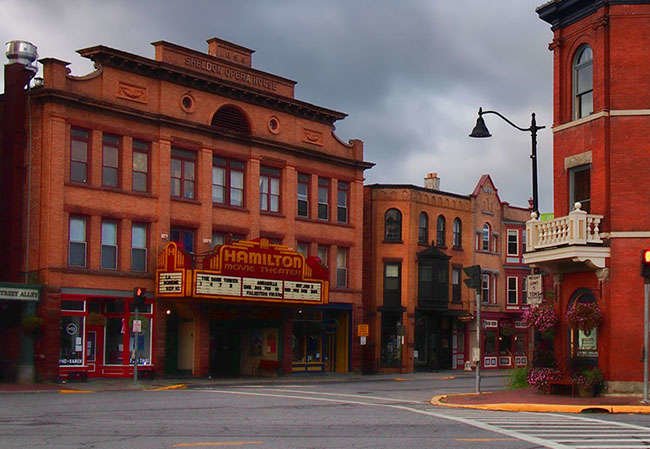

We may earn revenue from the products available on this page and participate in affiliate programs. Learn More ›
Home Advice You Can Trust
Tips, tricks & ideas for a better home and yard, delivered to your inbox daily.
By signing up you agree to our Terms of Service and Privacy Policy.
Campus Life

While some call college towns home for four short years, others stay on permanently after graduation or return following stints in larger suburbs or cities. Why? Beyond satisfying the urge to revisit the good ol’ days of one’s youth, there are a plethora of practical reasons to move to a college town—any college town, not necessarily that of your own alma mater. Here are just a few of the attractions of college town life, whether you’re a twentysomething, empty-nester, or retiree.
They’re wallet-friendly

When you graduate, you switch from paying for tuition, board, and books to paying grown-up expenses, such as a house, car, and other accessories of adulthood. Living in a college town instead of a major metro area keeps these costs manageable and makes it easier to live comfortably at any age. For example, Corvallis, the home turf of Oregon State University, offers 24 percent more purchasing power than Portland, the largest city in the state, per Numbeo.com. Likewise, your dollar will go 25 percent further in Syracuse, home to Syracuse University, than in New York City.
They offer attractions galore

Is your town dead after dark? In college towns, that’s when the party is just getting started—and we don’t mean only those of the keg variety. From concerts and film screenings to art shows and plays, there’s always something fun to see or do after work. By day, go shopping at mom-and-pop boutiques, venture to nearby museums, or wander the campus.
They have a great sports scene
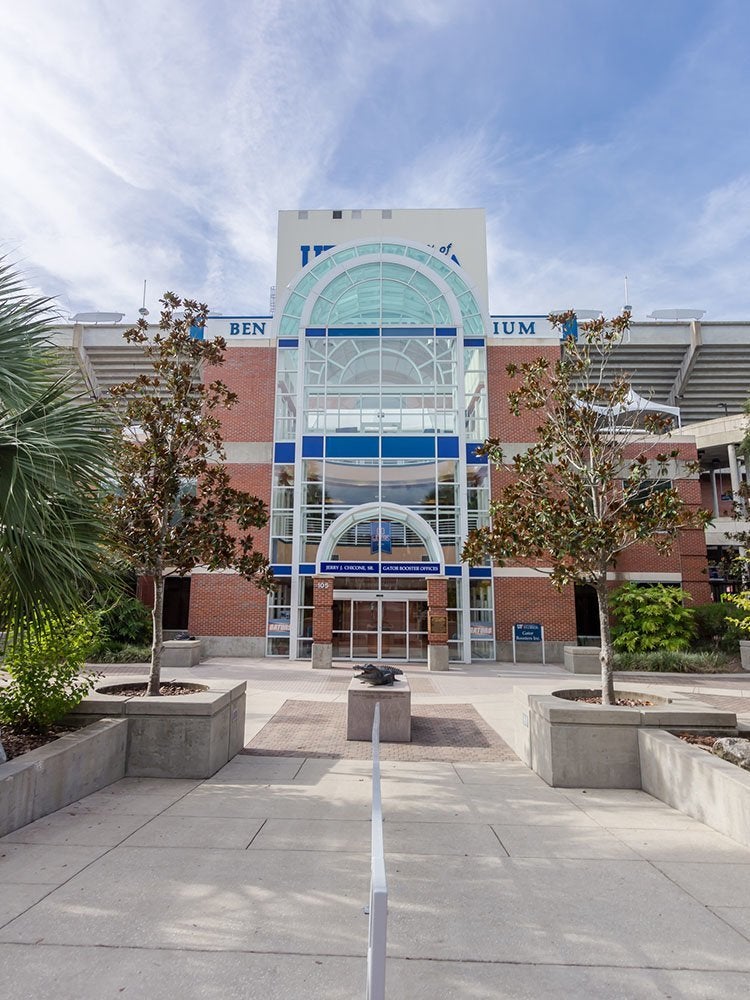
Sports buffs who live in college towns have their pick of games to attend on any given night, including major sports like football and basketball, and the ticket prices are usually far lower ticket than at pro-league events. And you’ll be sitting pretty at some of the best sporting venues in the country, such as Beaver Stadium in University Park, on the campus of Penn State University, or the Ben Hill Griffin Stadium in Gainesville, on the University of Florida campus. On game days, tailgating offers yet another opportunity for family-friendly fun.
They serve up endless dining options

There’s no better place than a college town for a gourmand in search of good eats. Perhaps because college students have adventurous palates and a penchant for grabbing grub between study sessions, many college towns host a huge variety of restaurants with many cuisine options. Foodies fill up at eateries such as Ten, a scrumptious sushi spot in Charlottesville, home of the University of Virginia, or Craigie on Main, an award-winning French-inspired restaurant in Harvard’s hood of Cambridge.
They pride themselves on their community events

If you lament the dearth of community events in your suburb or city, moving to a college town will fill up your social calendar fast. Rarely a week goes by in many college towns without an event that brings the whole community together, whether for a seasonal festival or a lively local tradition. For example, if you’re fond of farmer’s markets, Logan, home to Utah State University, hosts one of the best in the country.
They’re diverse

Because universities recruit students, faculty, and staff from across the globe, college populations are often melting pots. That diversity can extend to the surrounding town, where many staff and faculty live. Strolling through a campus town, you’ll have the daily opportunity to interact with people from every walk of life and experience a variety of cultures and cultural events.
They have plentiful jobs
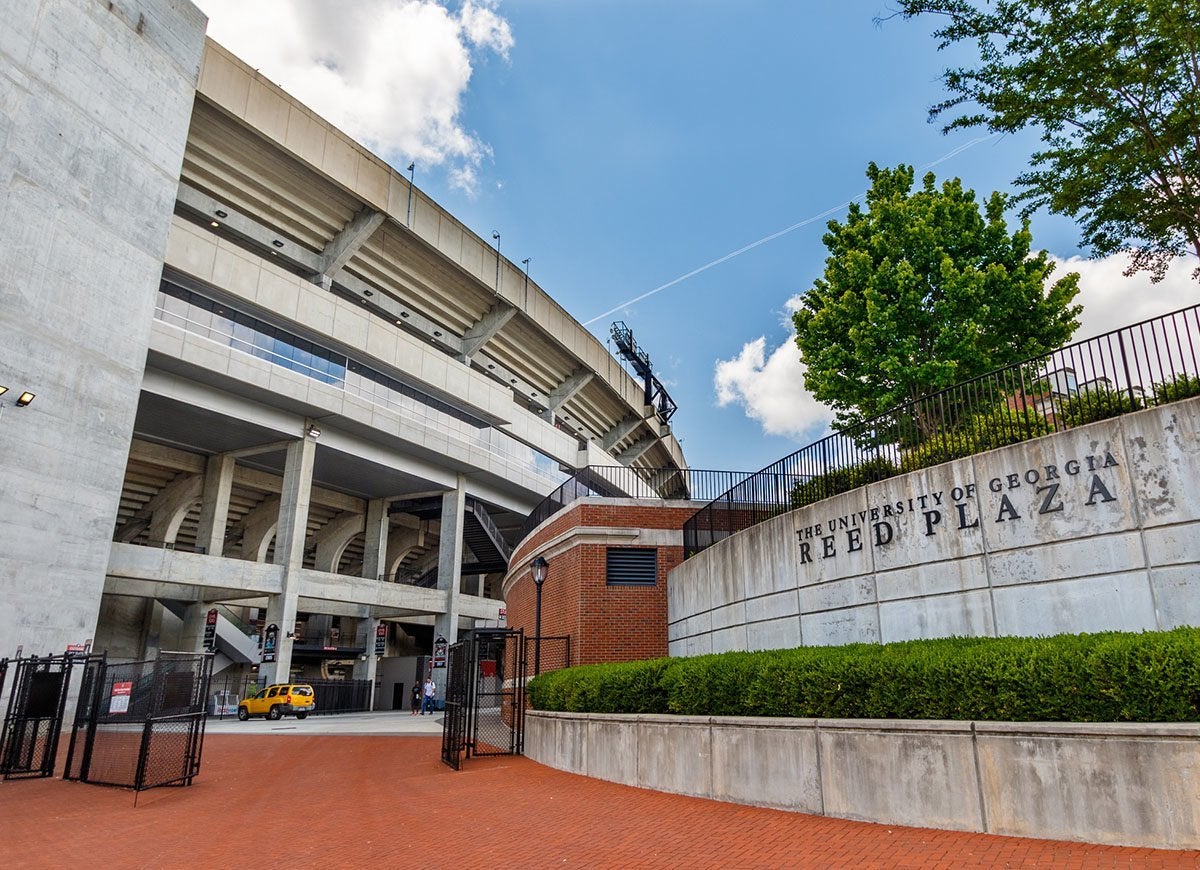
A college or university is often a major—if not the largest—employer in college towns from Athens, Georgia, to Amherst, Massachusetts. If you’re on the hunt for a job, local colleges or universities present a variety of employment opportunities outside of academia ranging from administrative professionals to researchers. Even better, working on campus and living in the same town makes for an enviably short commute!
They’re pedestrian-friendly

If you’d like to ditch your car and hoof it to the grocery store, bank, or local restaurants, a college town is probably the place to be. College towns across the country, from Berkeley, California, to Providence, Rhode Island, are ultra-walkable, and some offer solid public transit options that allow you to go car-free whether you’re in your college years or your golden years. As well, many boast colorful and charming Main Streets that make strolling worthwhile.
Related: 12 Things I Wish I Had Known Before Moving to a Small Town
They (of course) offer ample educational opportunities

You don’t have to call it quits on education when you leave the hallowed halls of your university. Opportunities for lifelong learning are available to every resident of a college town. Audit a class at the college, attend book or poetry readings, or pop into campus lectures delivered by renowned speakers to give your brain a workout.
They have youthful, educated populations
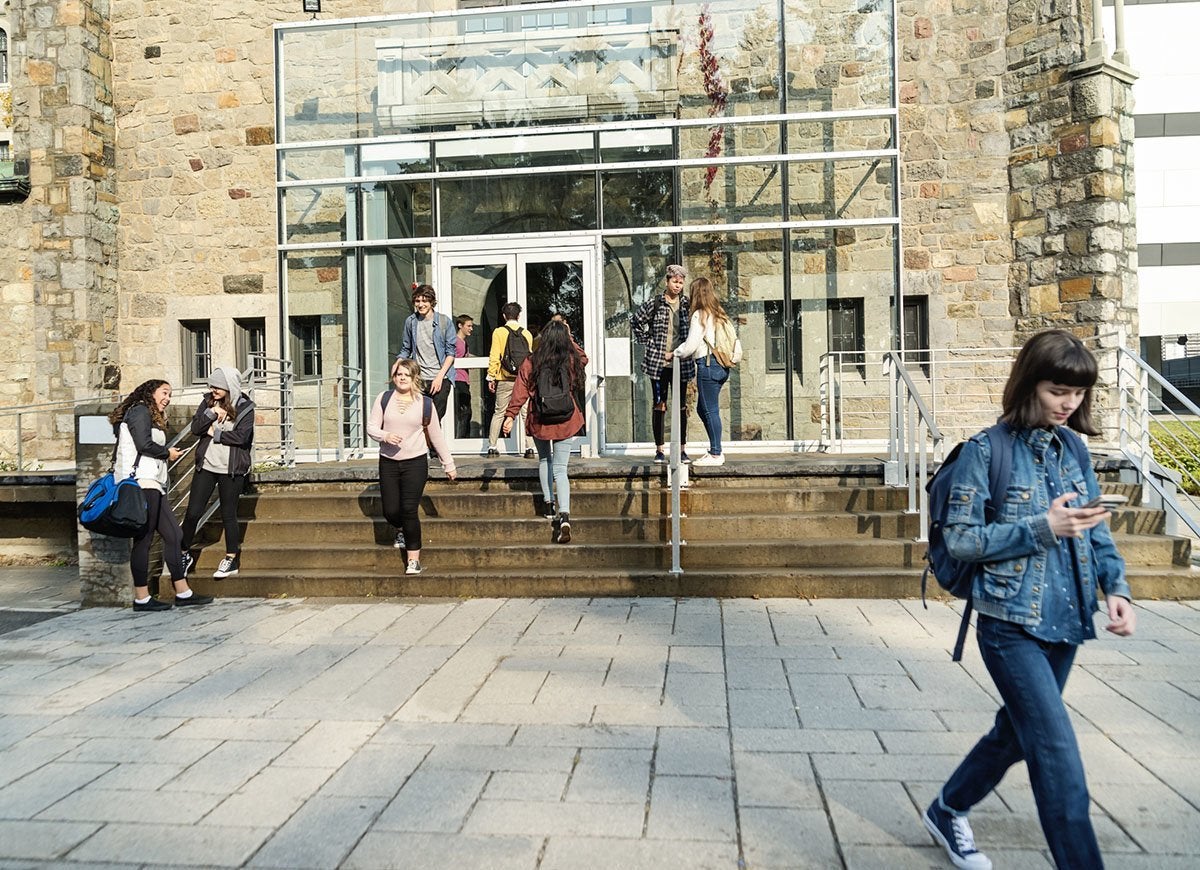
A large population of young and highly educated people makes college towns dynamic and intellectually stimulating places to call home. If you’re looking to expand your social circle, you’ll find no shortage of interesting people to connect with around the campus. Strike up a conversation with a local, and you may very well learn something new!
They can improve health care access

Whether it’s time to start a family, retire, or care for an elderly family member, setting up your nest in a college town may improve your access to quality health care services for the whole family. This is because many colleges with medical schools, for example, Durham, North Carolina, and Rochester, Minnesota, host top-notch hospitals or clinics that have an assortment of specialists available to meet your health care needs.
They’re often close-knit
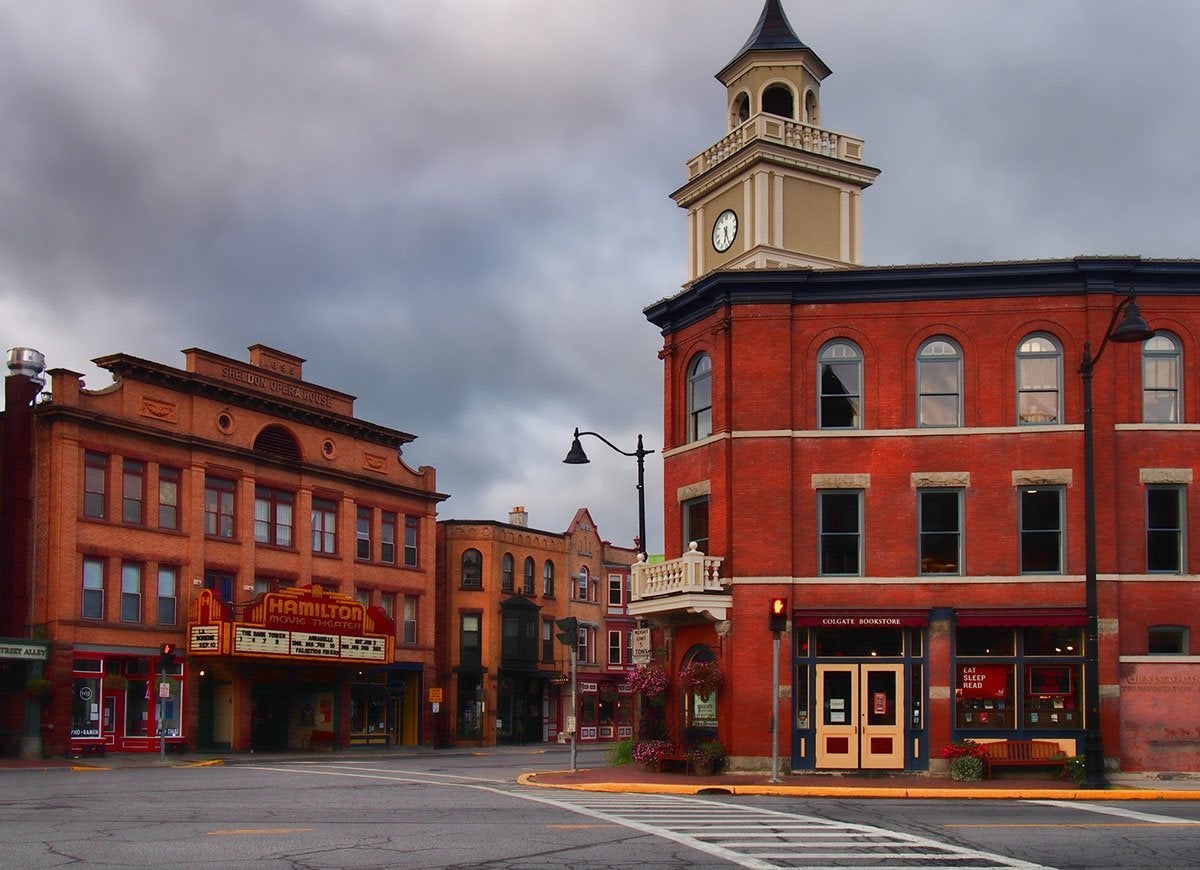
Want to go somewhere where everybody knows your name? While college towns come in all sizes, from small enclaves of less than 10,000 to mega-metropolises of 1 million and more, if you opt for a smaller college town, you’ll find it easier to get to know your neighbors and make an impact on the community. Residents of towns ranging from Hamilton, New York, where Colgate University (population: 4,100) is located, to Vermillion, the 10,000-person home of the University of South Dakota, benefit from a friendly, close-knit atmosphere.

Everything You Need for a Lush and Healthy Lawn
Keeping your grass green and your plants thriving doesn’t just take a green thumb—it starts with the right tools and supplies.